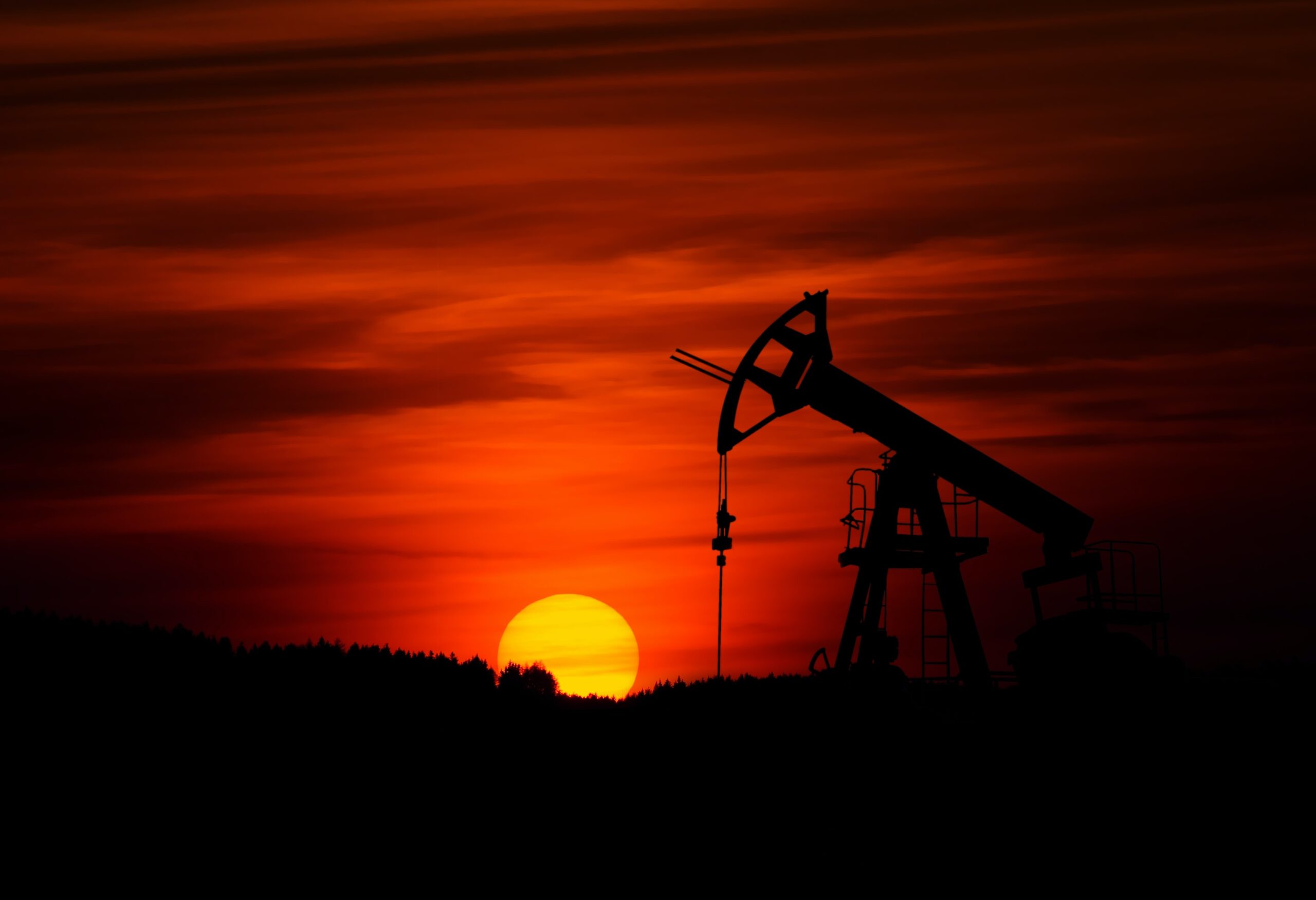By Martin de Bruyn, CFA, CFP
Current demand for oil is set to surpass pre-pandemic levels as global supply looks likely to tighten as a result of the Russia-Ukraine conflict. Oil prices have increased sharply and are close to the highest levels experienced over the past decade. Furthermore, as Russia and Ukraine are global suppliers of agricultural staples, the conflict is likely to lead to an increase in food prices. As investors brace themselves for the impact of higher prices on their portfolios,
Horacia Naidoo-McCarthy discusses how the prevailing environment may impact the progress of the global energy transition.
Oil markets were tight prior to Russia’s invasion of Ukraine owing to a combination of major producers falling behind their production quotas, limited spare capacity within the Organization of the Petroleum Exporting Countries (OPEC) and the chronic underinvestment in the sector over the past few years. The situation has been exacerbated by investors shunning listed oil companies and their traditional “dirty” assets as the world pushes for the transition to cleaner energy. There is a real risk that global oil supply will be further constrained due to the ongoing Russia- Ukraine conflict.
As the world learns to live with COVID-19 and oil demand recovers to pre-pandemic levels, the warring agenda of the third-largest oil producer increases the pressure on OPEC and the US to make up any looming oil deficit. Over the short term, higher oil prices driven by the uncertainty over supply disruption are likely to result in further inflationary pressure, which will weigh on economic growth. Brent crude has increased from US$59.60 per barrel prior to the pandemic to US$101.10 per barrel currently. Should the conflict in Ukraine drag on, a real risk is that a significant portion of Russian oil and gas could be offline for years – Russian oil storage facilities are limited and once their pipelines back up to the wells, these may need to be shut. Redrilling wells and rebuilding pipes that deteriorate during
a shutdown takes time and will be more difficult given the loss of expertise from large Western oil service companies, which have withdrawn from the country. Russia accounts for 17% and 12% of the world’s output for gas and oil respectively.
Geopolitical tensions have thrown a spanner in the works
There is a disconnect between how the world is powered and how we wish to power it in the future: Despite efforts to transition to clean energy, most economies remain heavily reliant on fossil fuels. China and Western Europe, for example, are currently dependent on Russian fossil fuels for energy. Given the social and governance concerns emanating from the Russian conflict, Germany recently reneged on its commitment to shut down nuclear-powered plants by 2022 and phase out coal-fired power by 2038. While Germany’s initial commitment to transition to clean energy sources was commendable from an environmental perspective, the social ramifications of not having a sustainable energy supply ultimately took precedence. Other countries may follow a similar approach and aim to secure their own energy supply, thus limiting their dependency on other nations.
This serves as a striking example of the trade-offs that need to be made between transitioning to cleaner energy and ensuring current demand can be managed. While increasingly unpopular, fossil fuels are still required given the pace of the transition to clean energy.
The impact on food supply and prices
Another concerning consequence of the Russia-Ukraine crisis is the impact on food inflation and global food supply. Ukraine is the largest exporter of sunflower seeds and the second-largest supplier of cereals (maize, barley and wheat). Russia is the world’s largest exporter of wheat and together with the Ukraine is responsible for almost a third of global wheat supplies. While the potential constraint in the supply of agricultural staples is a threat to food security, on a global scale, farmers have also been affected at virtually every stage from seed to table. Russia is a major exporter of potash, ammonia, urea and other soil nutrients as well as herbicides, oil, gas and diesel which are needed to run farm machinery, and to make propane to dry grains. Poor harvests ensuing from these shortages may have a ripple effect for years to come, which has implications for food prices over the long term. Furthermore, sustainable farming practices, particularly the utilisation of renewable energy resources, will be indefinitely delayed when faced with a threat to global food security.
Responsible investors must make difficult decisions
As environmental, social and governance (ESG) considerations are increasingly integrated into investment analysis and prioritised by shareholders, tackling climate change has become a key consideration for investors. While many investors look to accelerate these efforts by shunning investments into fossil fuels, the reality is that the transition will take time as the world moves to create the infrastructure required for cleaner energy.
While the transition to cleaner energy is critical to reducing the impact of climate change, we also recognise the world’s current dependence on fossil fuels and the subsequent need for just, implementable steps towards the creation of a low-carbon, environmentally sustainable global economy. As such, we maintain a balanced view and focus on individual companies’ efforts to reduce their adverse environmental impacts and explore sustainable opportunities, rather than choosing blanket disinvestment. We do not believe that the complete exclusion of fossil fuel companies
is the most effective approach. We prefer engaging with boards and management teams and encouraging them to conduct their businesses sustainably before opting for disinvestment.
Over the short to medium term, we anticipate continued volatility in the oil price and rising food inflation pressure. Ironically, a higher oil price may just provide oil and gas companies with the opportunity to invest their super profits into clean energy technologies and pursue net-zero goals with more vigour.
Sources:
- BP company reports, Investment Monitor, World Economic Forum reports, Reuters, The New York Times.
- By Horacia Naidoo-McCarthy, business analyst, Allan Gray





